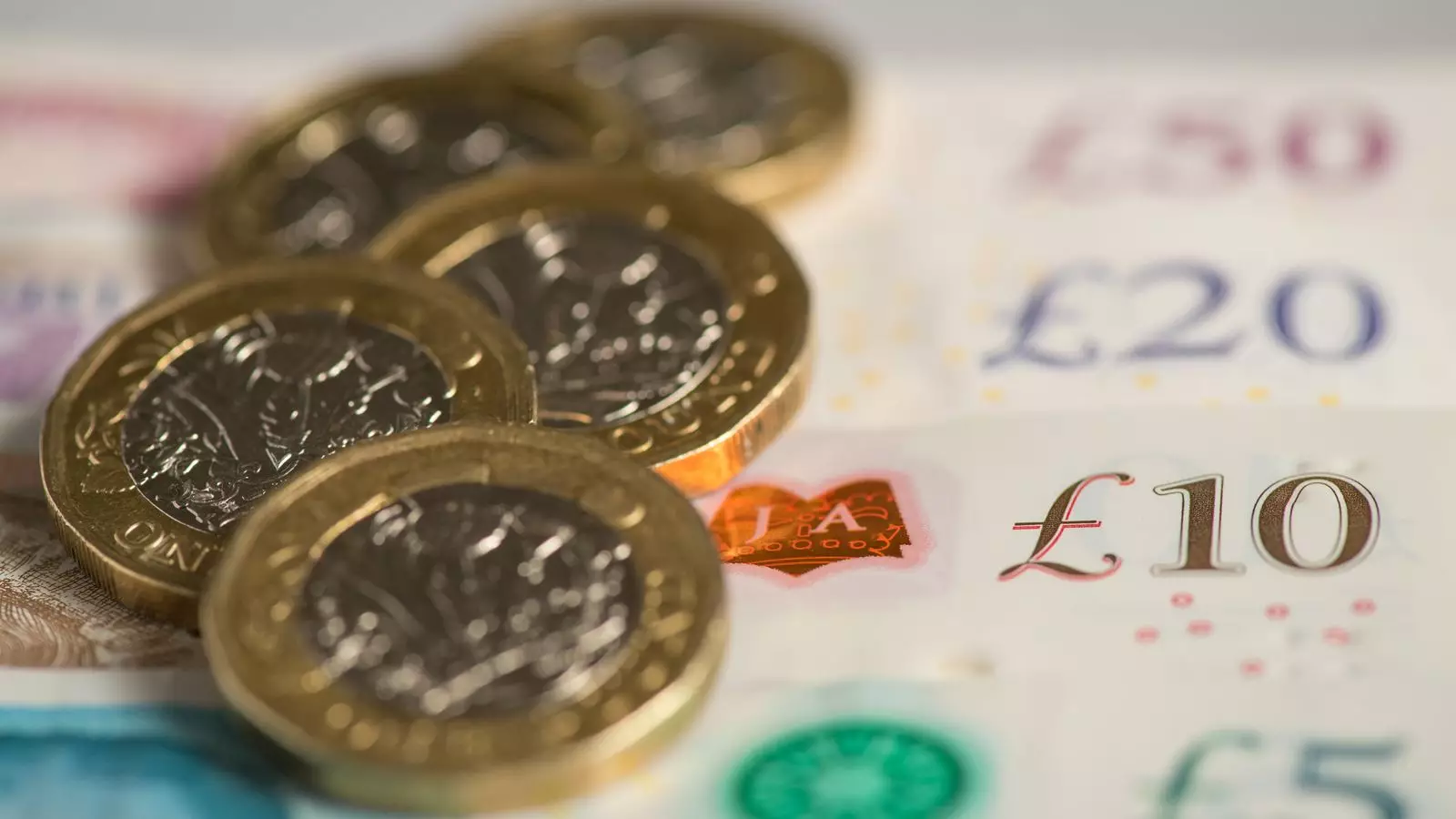The UK economy has shown signs of recovery with gross domestic product (GDP) growing by a better-than-expected 0.6% between January and March. This growth, higher than the predicted 0.4%, has been seen as a positive indicator of turning the corner for the economy. The Prime Minister, Rishi Sunak, expressed optimism, stating that while challenges still remain, the economic plan in place is showing progress and must be continued.
While a recession was declared in February after the economy contracted for two consecutive three-month periods, recent figures have indicated that the recession may be short-lived. Previous contractions were attributed to reduced consumer spending power due to inflation and high energy bills. However, better-than-expected growth in March and revised upwards figures for February suggest a more positive outlook for the economy.
While government officials have touted the recent growth figures as a sign of a returning healthy economy, opposition parties have remained skeptical. Labour’s shadow chancellor, Rachel Reeves, emphasized that the economy is still smaller per person than when Rishi Sunak took office. Lib Dems Treasury spokesperson, Sarah Olney MP, criticized the Conservative government’s handling of the economy, pointing out the struggles faced by hard-hit households.
The Office for National Statistics highlighted the broad-based strength across service industries, with retail, public transport, health, and car manufacturers performing well. However, the construction sector experienced another weak quarter. The month of March saw robust growth led by services, with wholesalers, the health sector, and hospitality contributing to the positive performance.
Economic experts suggest that the UK’s economic recovery may be stronger than previously anticipated based on the latest growth figures. Ruth Gregory from Capital Economics mentioned that early indicators point towards robust GDP growth in April as well. This optimistic outlook may impact the Bank of England’s decision on interest rates, as strong economic performance may delay the need for immediate rate cuts.
The Bank of England recently held interest rates at 5.25% and issued new forecasts for the UK economy. The projections indicated stronger growth for the year ahead, with lower unemployment and inflation rates than initially expected. This aligns with the positive growth signals seen in recent GDP figures, reinforcing the belief in a potential economic turnaround for the UK.


Leave a Reply